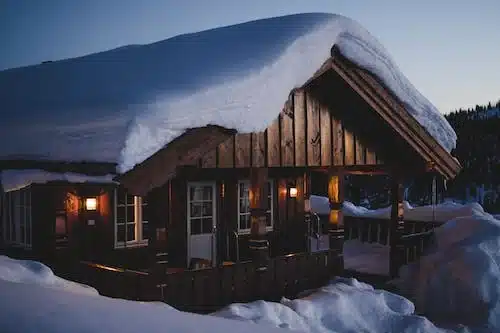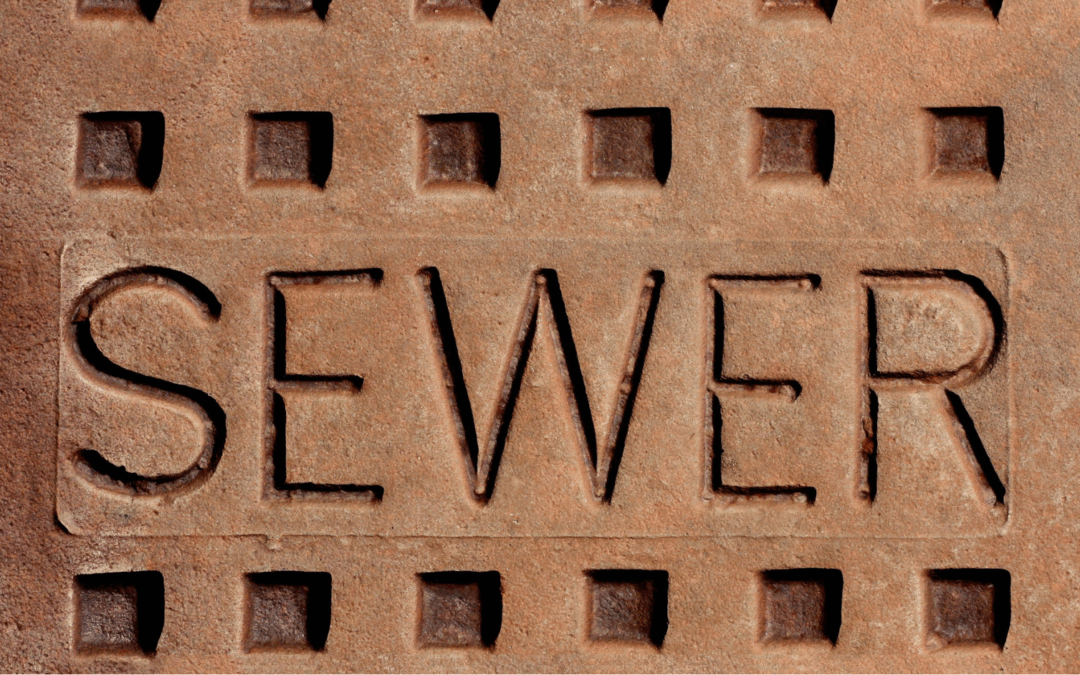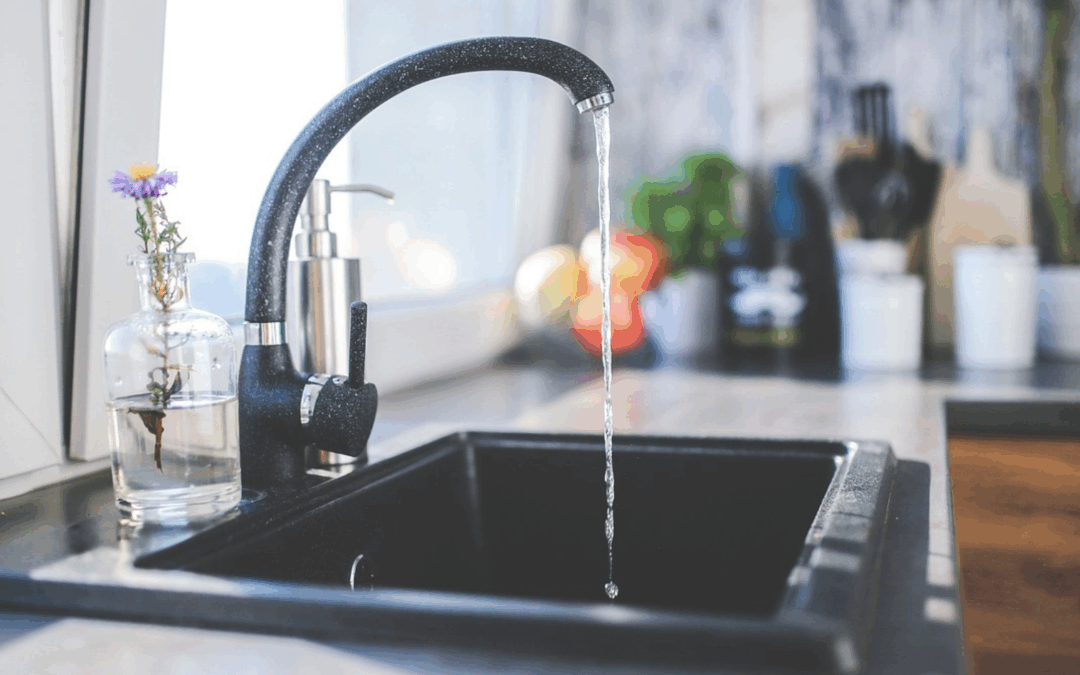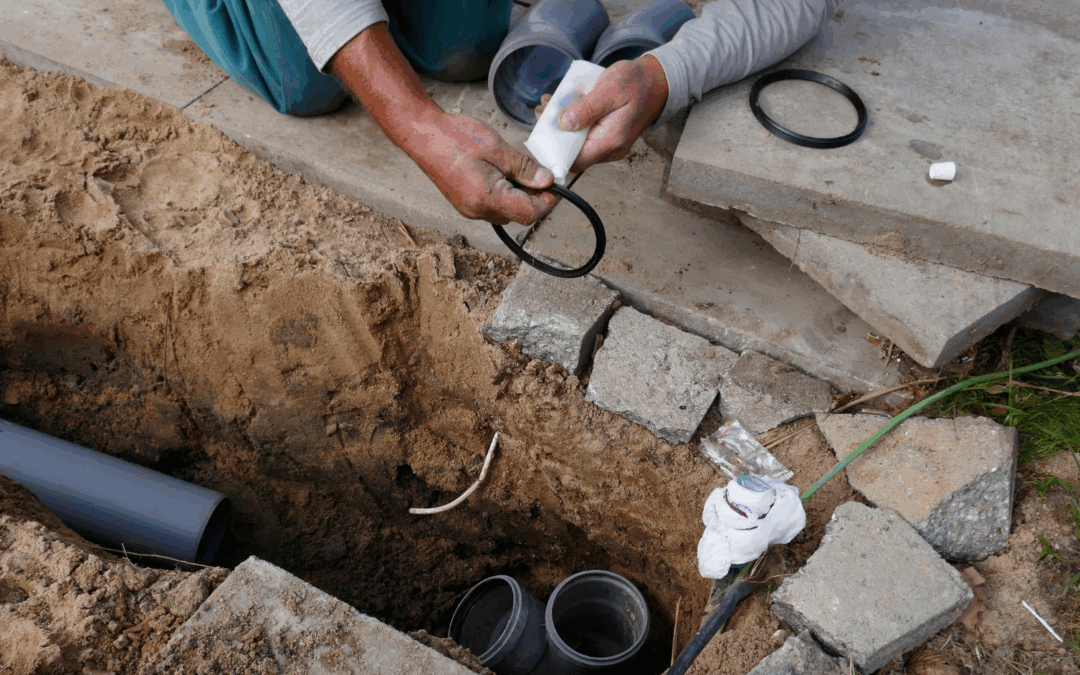Winter is upon us, do you know how to winterize a house? This comfort comes at a price – heating bills can reach sky-high in the winter months if you don’t take steps to winterize your home. Luckily, there are many easy and affordable ways to prepare your home for colder weather. This article will guide you through some simple steps you can take to winterize your home and save money on your energy bills.
Seal Up Drafts:
The most significant source of heat loss in a house is drafts around windows and doors. You will need to fill in any gaps, especially in rooms that you don’t use frequently. Use weather-stripping sealants or draft stoppers to seal any gaps around your windows and doors They are affordable and easy to find at any home improvement store. Foam insulation or weather sealing tape can also be useful in filling up gaps in inaccessible areas.
Insulate Your Attic:
Heat rises, so if there is inadequate insulation in your attic, you are losing valuable warm air. Add insulation on the attic floor, between the joists, and in crawl spaces. Blanket insulation, loose fill insulation, and spray foam insulation are typically used in attics.
Schedule Service Online
Get a free estimate so you know what you're signing up for
"*" indicates required fields
For Emergency Services Call: 410-255-9300
Maintain Your Furnace:
Make sure your furnace runs efficiently and economically. You can do this by cleaning or changing the air filter, adjusting the dampers, and cleaning the blower, fan blades, and motor. Call an HVAC specialist for a thorough maintenance checkup on your furnace before winter to ensure that everything is running correctly.
Use Curtains and Rugs:
To keep heat inside, draw your curtains during the night and on cold days when there is no sunlight. Thick curtains made of insulating material like wool or fleece are particularly efficient during cold season. Covering the floors with carpets, rugs, and other fabrics is also advisable in the winter months. They are insulation and will prevent cold air from entering.
Lower the Thermostat at Night:
Even extreme winter weather, if you are used to sleeping in a toasty warm room, you can save money on your heating bills and conserve energy by lowering the thermostat when you go to bed. Dropping the temperature by a few degrees keeps your bedroom cool and your bed cozy with blankets. Use flannel sheets and down duvets to keep warm.
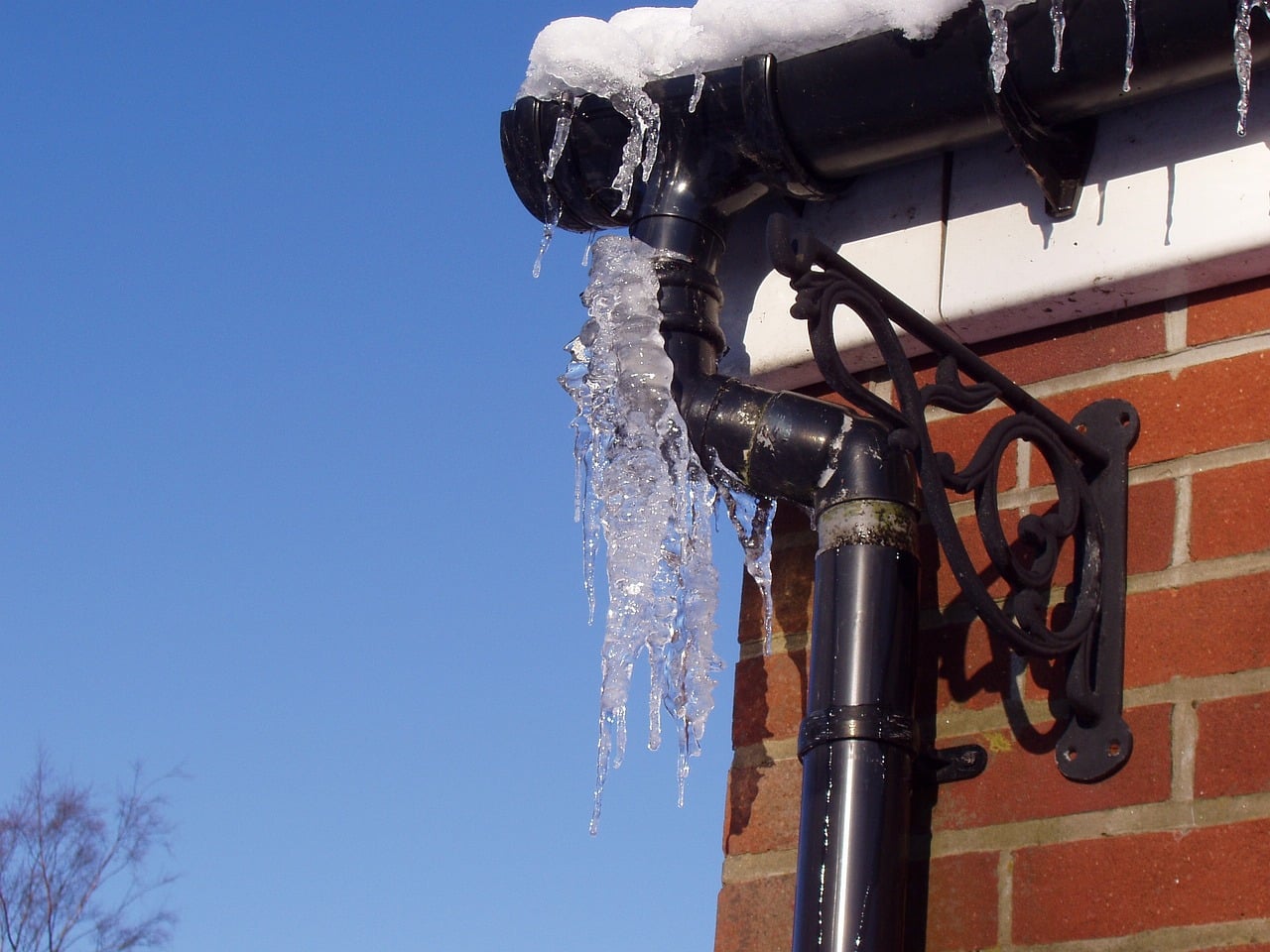
What If I Don’t Winterize My House? The Risks You Need to Know
Winter brings a cold snap and with it a range of fun activities, beautiful snowy landscapes, and cozy evenings indoors. At the same time, winter also puts your house at risk. While winterizing your house is important, it always seems to fall to the bottom of your to-do list. If you’re thinking about skipping it, it’s essential to know the risks and consequences of neglecting your winter home maintenance. Next, we will discuss what can happen if you don’t winterize your house, and why it’s important to prepare your home before winter sets in.
Frozen Pipes:
One of the most common problems homeowners face when they don’t winterize their house is frozen pipes. When water in the pipe’s freezes, it expands, causing the main water supply pipe to crack and burst. This can lead to a range of issues such as water damage, flooding, and mold growth. Ask a professional about installing a water flow sensor. These damages can be expensive to repair, and insurance companies might not cover the costs if they suspect negligence on your part. By winterizing your home, you can prevent frozen pipes by insulating them, draining the lines, and keeping your thermostat at a constant temperature.
High Energy Bills:
If your home is not winterized, it’s likely that it will be drafty, which can lead to heat escaping and energy bills spiking. This is because your furnace will have to work twice as hard to keep up with the fall in temperature. By simplifying the insulation process and sealing any cracks in your home, you can save up to 30% on your energy bills during winter.
Damage to Roof and Gutters:
Winter weather can be harsh on the roof and gutters of your home. Snow, hail, and ice can accumulate on the rooftops, leading to water damage and leaks if the shingles or gutters aren’t in good condition. Also, heavy snow and ice can weigh down the roof and cause it to collapse. By winterizing your roof, eaves, and gutters, you can prevent or minimize damage from these elements.
Health Hazards:
Winterizing your home is not just about preventing structural damage. It’s also about staying safe and healthy. When you don’t winterize your home, it’s more likely to have air leaks and gaps, which can lead to cold drafts and moisture buildup. This, in turn, can cause respiratory issues, allergies, and asthma. Proper insulation, ventilation, and humidity control are crucial to maintaining good indoor air quality during winter.
Shortened Lifespan of Mechanical Equipment:
Mechanical equipment such as your furnace or heating system will have to work harder than usual when your home is not winterized. This can cause the equipment to run inefficiently and force them to shut down or fail. Repair or replacement of this equipment can be costly. By winterizing your home and scheduling yearly check-ups, you can extend the life of your mechanical equipment.
Neglecting winter home maintenance is not worth the risk. Winterizing your home can help you avoid costly damages, keep your home comfortable and healthy, and prolong the lifespan of your mechanical equipment. The good news is winterizing your home doesn’t have to be complicated. Simple steps like insulating pipes, sealing doors and windows, and checking your roofing can go a long way in preventing damage, ice dams and keeping you safe during the winter months. It’s important to take the time to prepare your home before the temperature drops, so don’t wait any longer! Get started today.
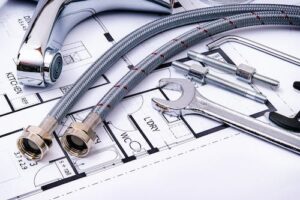
Winterizing Your House: DIY or Hire a Plumber?
Winter is fast approaching, with freezing temperatures, and with it comes the need to prepare your house for the cold weather. Winterizing your house can actually save you a lot of money on your energy bills and prevent expensive damage to your home. The question is, should you do it yourself or hire a professional plumber to winterize your house for you? Below, we’ll explore the benefits of bofor exampth options to help you make an informed decision.
DIY Winterizing:
Winterizing your house yourself can be an affordable option, especially if you have some knowledge of plumbing and home maintenance. You can easily find tutorials and step-by-step guides online to guide you through the process. Doing it yourself also means that you have complete control over the winterization process and can customize it to fit your specific needs.
When you winterize the house by yourself, you also have the added benefit of learning more about your home’s plumbing system and how it operates. Plus, you can take this opportunity to address any existing plumbing issues and make the necessary repairs and replacements.
Hiring a Plumber:
On the other hand, hiring a plumber to winterize your house has its benefits. For instance, a professional plumber has extensive knowledge and experience in plumbing systems and can identify potential problems before they turn into costly repairs. A professional plumber also has access to specialized tools and equipment that can make the winterizing process faster and more efficient such as a getting low temperature sensor installed. Plumbers can often give you recommendations on how to make your home more energy-efficient, which can help you lower your utility bills.
Another benefit of hiring a plumber is that you can be sure that the job will be done correctly. If any problems arise like an ice dam, after the winterization process, a professional plumber will be able to fix them quickly and efficiently, reducing the risk of further damages.
Deciding What’s Best for You:
Ultimately, the decision on whether to winterize your house yourself or hire a professional plumber will depend on your skills, budget, and priorities. If you have the skills and knowledge to do the job yourself, and you want to save some money, then DIY winterizing is a good option. However, if you’re unsure about how to do it and want to ensure the job is done correctly, hiring a professional plumber will be your best option.
Winterizing your house is an essential step in preparing your home for the cold winter months. By doing so, you can prevent expensive damage and save money on your energy bills. While both DIY and hiring a professional plumber have their benefits, the decision ultimately comes down to your level of plumbing knowledge and skills, your priorities, and your budget. Whatever path you choose, remember that winterizing your home needs to be done before the first cold snap. is an investment for the future – one which will pay off in comfort, energy savings, and peace of mind.
In Summary:
Winterizing your home can save you a lot of money in the long run, and the good news is that it doesn’t have to cost a lot of money to prepare your house for winter. By following these simple steps, you can ensure that your home is energy-efficient and ready for the colder weather. You should also consider replacing windows and doors if they are old or damaged. Remember that the key to a warm and inviting home this winter is energy conservation and careful preparation.
MD Sewer and Plumbing Service

MD Sewer And Plumbing Service provides professional plumbing and sewer services. Give Us a Call today if you have any questions about winterizing!

